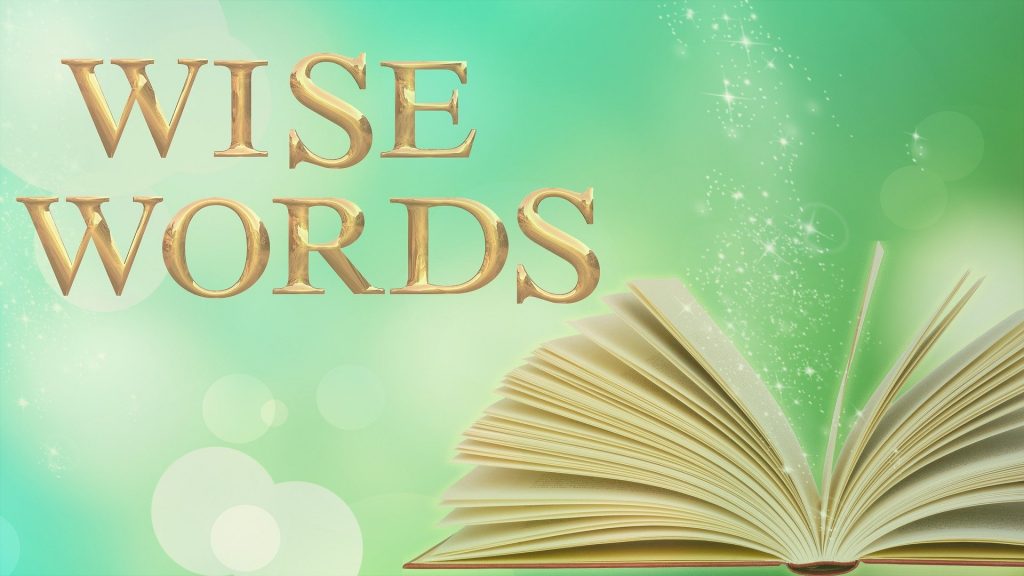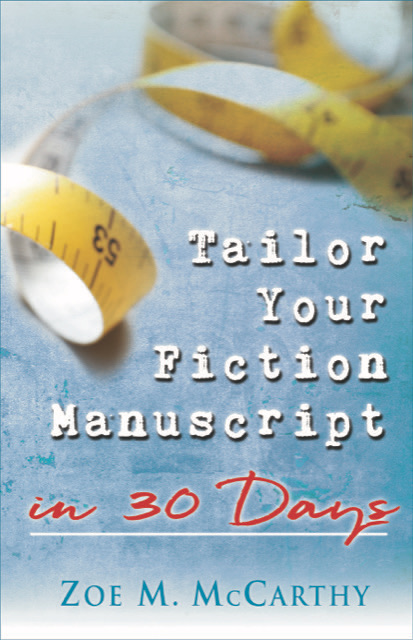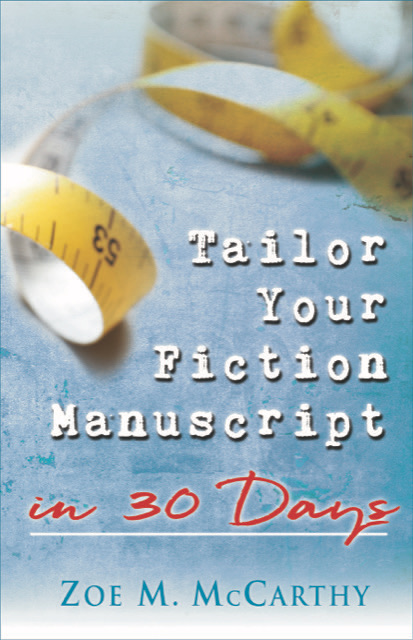

“I finished reading Tailor Your Fiction Manuscript in 30 Days. I have AND will highly recommend it to anyone who dabbles in fiction. It’s one of the best “how to” books I’ve ever read.” ~~ Marsha Hubler, Director Montrose Christian Writers Conference
See more about Tailor Your Fiction Manuscript in 30 Days at the end of the post.
If we want to write better, we should take these writers’ tips seriously. Enjoy.
Writing
“What is written without effort is in general read without pleasure.” — Samuel Johnson
“The skill of a skilled writer tricks you into thinking that there is no skill.”
—Dwight V. Swain *
“Simplicity is a virtue in writing, true; but never the primary virtue. … Vividness is.” —Dwight V. Swain *
“Avoid on-the-nose writing.” —Jerry Jenkins
Theme
“A story without a theme is little more than a list of events.” —Grace Jolliffe
Opening Hooks
“A tremendous number of possibly good and even brilliant novels and short stories never get read beyond the first few paragraphs or pages by agents and editors. Why? Simple: The stories don’t begin in the right place.” —Les Edgerton *
Characters

“Characters reveal themselves more vividly in what they do and say than in what they think and feel.” —David Corbett
“You can’t relate to a superhero, to a superman, but you can identify with a real man who in times of crisis draws forth some extraordinary quality from within himself and triumphs but only after a struggle.” —Timothy Dalton
“People generally agree that each individual is a unique blend of traits that serve to satisfy basic wants and needs according to one’s moral code.” —Angela Ackerman & Becca Puglisi *
“[An] error of inexperienced writers—or journalists in a hurry—is to confine characterization to the obvious physical attributes.” —Sol Stein *
“So when you come across an explanation of the character’s emotion, simply cut the explanation. If the emotion is still shown, then the explanation wasn’t needed. If the emotion isn’t shown, then rewrite the passage so that it is.” —Renni Browne and Dave King *
“If your character doesn’t want anything badly enough, readers will have a hard time rooting for him to attain his goal, which is what compels readers to continue reading.” —Sol Stein *
“The role of mentor is a powerful one, and can help you steer your protagonist in new directions without having to lay much ground work.” —Elizabeth Sims *
“The glory of the protagonist is always paid for by a lot of secondary characters.” —Tony Hoagland
Story

“There are only two or three human stories, and they go on repeating themselves as fiercely as if they had never happened before.” —Willa Cather
“Remember, the essence of storytelling demands that we place our main characters on a path. A quest with something at stake, with something to do, to achieve, to learn, and to change.” —Larry Brooks
“It’s no wonder that truth is stranger than fiction. Fiction has to make sense.” —Mark Twain
“Coincidence cannot replace motivation.” — Debra Dixon *
“Everything truly is possible as long as you help your reader understand why your characters do what they do.” —Debra Dixon *
“If you can take a little slice of the world and a little piece of dirt and really focus on details, you can drive large, seemingly spectacular movements.” —David Baldacci *
“The middle of our story should be the ‘meat’ of the story, as far as conflicts and arcs. Without setting up the obstacles here, any solution in the final act will seem too easy and won’t be as satisfying.” —Jamie Gold
Words

“Make every word count.” —Sol Stein *
“I am dead to adverbs; they cannot excite me.” —Mark Twain
The difference between the right word and the almost right word is the difference between lightning and a lightning bug.” —Mark Twain
“Of is a preposition, and although not an inherently evil word, overusing it can make your writing sound passive and fussy.” —Mignon Fogarty
Paragraphs
“Words create sentences; sentences create paragraphs; sometimes paragraphs quicken and begin to breathe. Imagine, if you like, Frankenstein’s monster on its slab. Here comes lightning, not from the sky but from a humble paragraph of English words.” —Stephen King *
Scenes
“Every scene has to have a point.” —Rachel Joyce
“Scenes are capsules in which compelling characters undertake significant actions in a vivid and memorable way that allows the events to feel as though they are happening in real time.” —Jordan E. Rosenfeld *
Setting
“Don’t tell me the moon is shining; show me the glint of light on broken glass.” —Anton Chekov
Dialogue
“Dialogue helps to create original characters and move the plot along. If it isn’t doing either of those things, it probably should be cut.” —James Scott Bell *
Wordiness
“Nothing marks a skilled writer as much as his ability to write tight.” — Angela Hunt
Writing Techniques
“One of the standard Words of Advice that writers—new and old—get, is to avoid clichés. The advice itself is rather a cliché but, like all clichés, it is based on truth, and it would be wrong to reflexively ignore it.” — Madeleine Robbins
“What your characters observe—or don’t—can be effective red herrings.” —Jane K. Cleland *
“Since long passages in italics are a pain to read, you can only use this technique effectively for passages no longer than a sentence or two. Even this brief passage is too long, don’t you think?” —Renni Browne and Dave King *
Pacing
“Pacing is a tool that controls the speed and rhythm at which a story is told and the readers are pulled through the story events.” —Jessica Page Morrell
Voice
“And the truth of your experience can only come through in your own voice. If it is wrapped in someone else’s voice, we readers will feel suspicious, as if you are dressed up in someone else’s clothes. You cannot write out of someone else’s big dark place; you can only write out of your own.” —Anne Lamott *
“To me, your writer’s voice is the expression of YOU on the page.”
—Rachelle Gardner
The Ending
“If you want a happy ending, that depends, of course, on where you stop your story.” —Orson Welles
Editing
“There’s never been a text written that didn’t need editing.” —David Kudler
What’s your favorite quote on writing?
* Sources where known:
- Dwight V. Swain Techniques of the Selling Writer
- Les Edgerton Hooked
- Angela Ackerman & Becca Puglisi The Positive Trait Thesaurus: A Writer’s Guide to Character Attributes
- Sol Stein Stein on Writing
- Elizabeth Sims (Writer’s Digest May/June 2015)
- Debra Dixon Goal, Motivation & Conflict
- David Baldacci (Writer’s Digest November/December 2015)
- Stephen King On Writing
- James Scott Bell Plot & Structure
- Jordan E. Rosenfeld Make a Scene
- Jane K. Cleland (Writer’s Digest February 2016)
- Renni Browne and Dave King (Self-Editing for Fiction Writers)
- Anne Lamott Bird by Bird

Zoe McCarthy’s book, Tailor Your Fiction Manuscript in 30 Days, is a fresh and innovative refocusing of your novel or novella. Through a few simple—and fun—steps, Zoe helps writers take their not-ready-for-publication and/or rejected manuscripts to a spit-polish finish. Writing is hard work, yes, but it doesn’t have to be difficult. —Eva Marie Everson, best-selling and multiple award-winning author, conference director, president of Word Weavers International, Inc.
If you want to increase your chance of hearing yes instead of sorry or not a fit for our list at this time, this book is for you. If you want to develop stronger story plots with characters that are hard to put down, this book is for you. Through McCarthy’s checklists and helpful exercises and corresponding examples, you will learn how to raise the tension, hone your voice, and polish your manuscript. I need this book for my clients and the many conferees I meet at writer’s conferences around the country. Thank you, Zoe. A huge, #thumbsup, for Tailor Your Fiction Manuscript in 30 Days. —Diana L. Flegal, literary agent, and freelance editor
Tailor Your Fiction Manuscript is a self-editing encyclopedia! Each chapter sets up the targeted technique, examples show what to look for in your manuscript, then proven actions are provided to take your writing to the next level. Whether you are a seasoned writer or a newbie, you need this book! —Sally Shupe, freelance editor, aspiring author
McCarthy crafted an amazing self-help book that will strengthen any writer, whether new or seasoned, with guidance and self-evaluation tools. —Erin Unger, author of Practicing Murder, releasing in 2019
Need to rework your book? Zoe M. McCarthy’s step-by-step reference guide leads you through the process, helping you fight feeling overwhelmed and wrangle your manuscript and into publishable shape in 30 days. Tailor Your Manuscript delivers a clear and comprehensive action plan. —Elizabeth Spann Craig, Twitteriffic owner, bestselling author of the Myrtle Clover Mysteries, the Southern Quilting Mysteries, and the Memphis Barbeque Mysteries http://elizabethspanncraig.com/blog/


 RSS - Posts
RSS - Posts

Great information, Zoe. Thank you!
You’re welcome, Kim. I have found all these to hold much truth.
Just ordered your book, Zoe, and am looking forward to reading it and applying its principles.
Blessings,
MaryAnn
MaryAnn, I really believe in Tailor Your Fiction Manuscript in 30 Days and hope it resonates with you. You’re so kind to let my know.
My pleasure, Zoe! I’ve learned a great deal from your blog posts and am confident that your book will be a blessing. 🙂
You made my day, MaryAnn. :0)
Aww, I am so glad, Zoe! 🙂 Blessings to you, dear sister in Christ!
Thanks to Mingon Fogarty’s quote, I’m reducing ‘of’s
Of that i’m glad, Marcia. :0)
These are great, Zoe! Thank you for sharing!
You’re welcome, Patti. Most make me think more deeply about my writing.